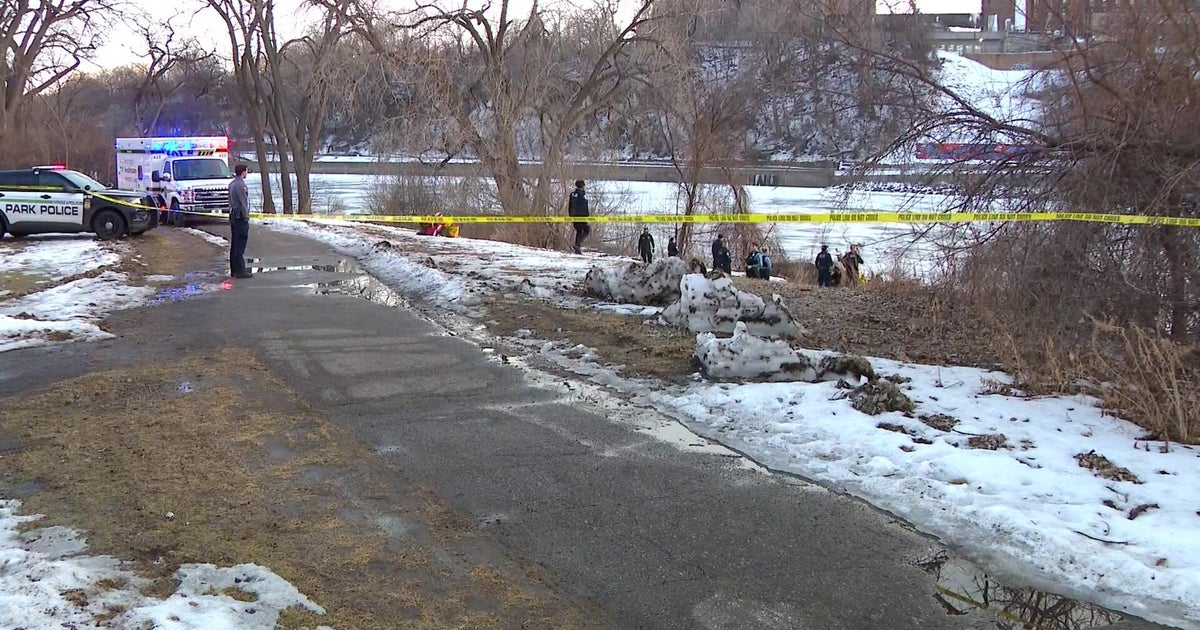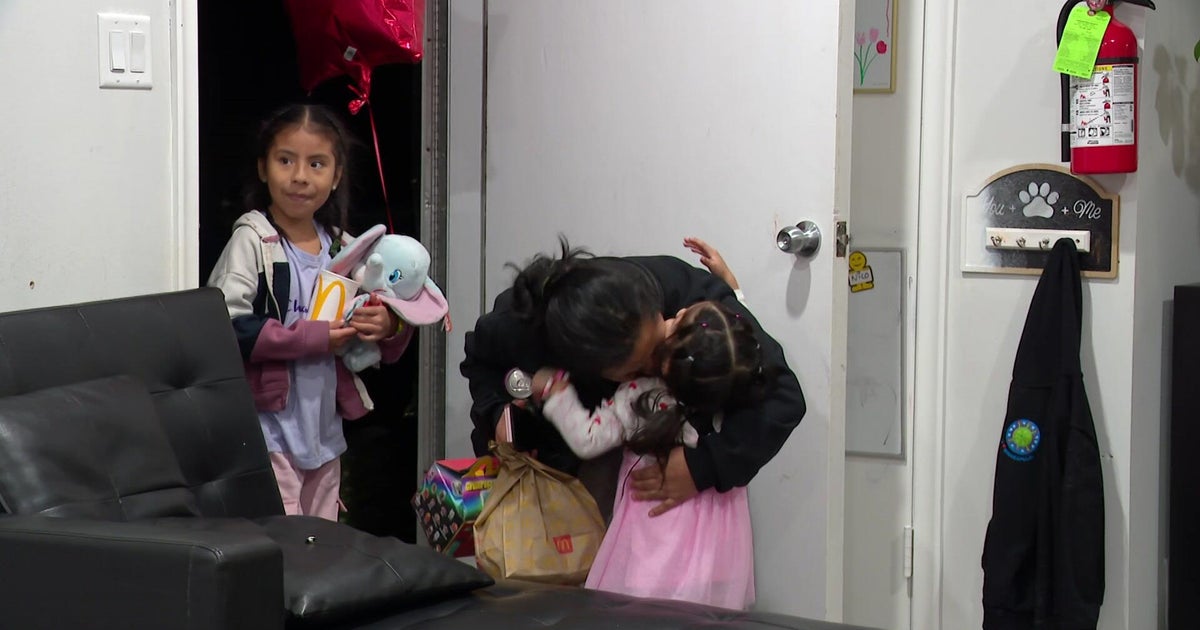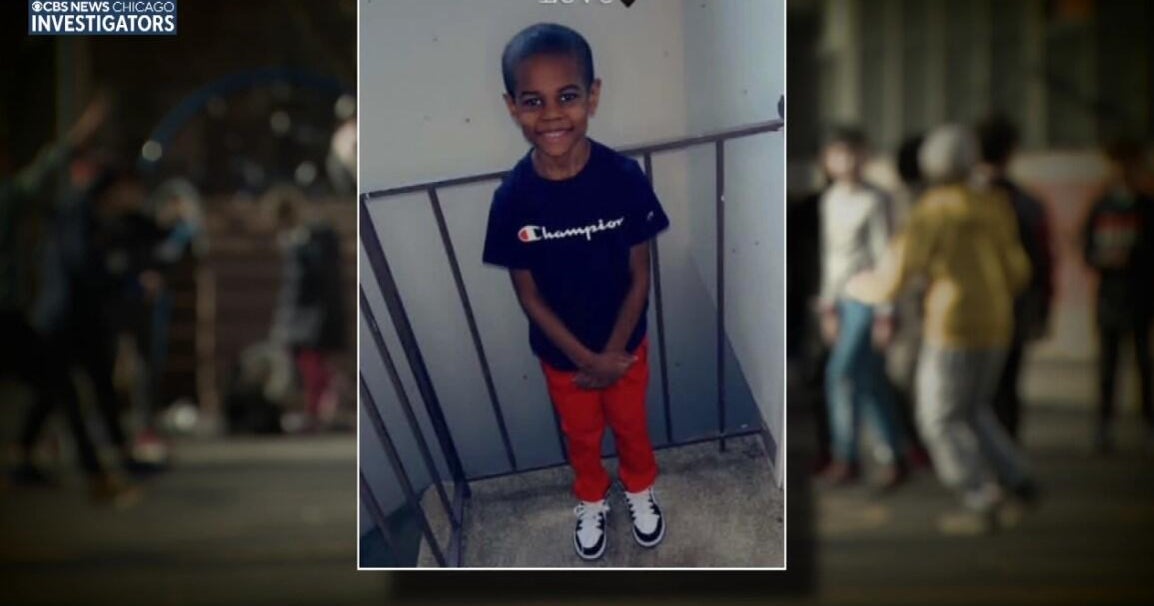At What Age Can A Child Stay Home Alone? For How Long?
MINNEAPOLIS (WCCO) -- Summer is just around the corner and that has lots of families scrambling to figure out childcare. That could be camps, babysitters, grandparents -- or maybe hanging out by themselves for a few hours.
So, Sarah from Coon Rapids wanted to know: At what age should your child stay home alone? And for how long?
When WCCO posted this question to Facebook, the responses ranged from first grade to 13 years old. It can be a distressing decision for lots of parents.
"That's going to be a nerve-racking day," says one dad of a 6-year-old. "It's going to be like, 'Oh my God, here we go, I gotta try it.'"
There are no Minnesota laws spelling out specific ages, but the state does offer guidelines that the counties generally follow.
7 years old and under – no time alone
8-10 years old – less than 3 hours
11-13 years old – less than 12 hours
14-15 years old – less than 24 hours
Child and parent coach Jenny Hanlon says these guidelines were created by looking at when children's brains are developmentally ready.
"At 8 years old, children are able to think more abstractly," she says. "The reality is, though, every child is so different and the bottom line is every parent has to know their kids."
She says parents should look at what levels of responsibility that child has at home during other times. She suggests parents consider the safety of the neighborhood, whether or not a child can think about multiple things at once and making sure they understand what to do in cases of emergencies.
"Maybe they're playing a video game, are they able to hear a fire alarm go off," she asks.
Hanlon teaches a "home alone" class to 8-to 10-year-olds at schools and online. In it, they talk about what kind of snacks they might eat, who they'd call if they heard a strange sound or what would a child do if someone came to the door.
She says parents should have rules in place when they decide to leave their child at home. Can a child go outside? Play with electronics? Use the microwave?
She also says it's important for a child to have access to a phone that can call out, not just text.
And, finally, she suggests parents start out with baby steps – 15 or 20 minute trips – to give parents and child more confidence.
For more information on Hanlon's home alone class, visit her website.







